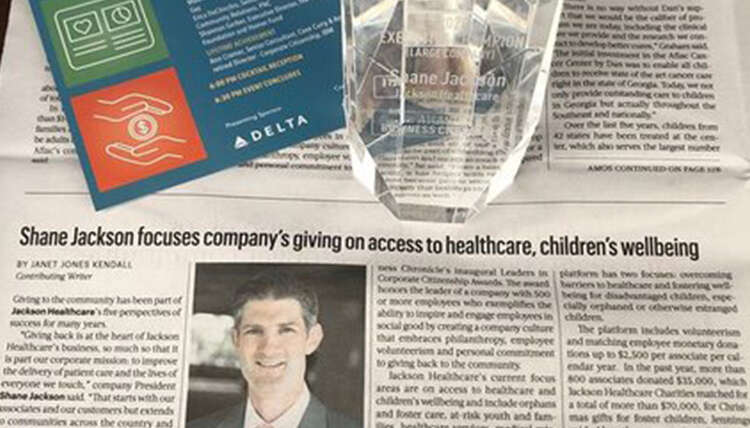We are living through one of the most complex periods in the history of modern healthcare. The challenges are well documented—burnout, workforce shortages, financial pressures, and more. But if you ask clinicians and healthcare leaders what they’re feeling underneath all that complexity, you’ll hear something deeply human: Disconnection.
Disconnection from mission. From patients. From colleagues. And sometimes, from themselves.
I’ve spoken with countless healthcare professionals across the country over the past few years. I lead a healthcare workforce services organization that supports millions of lives and livelihoods by helping ensure health systems, hospitals and medical facilities can provide uninterrupted care, wherever they are. What I keep hearing—from physicians, advanced practice providers (APPs), nurses, allied health providers and healthcare executives—is that the emotional cost of this disconnection is mounting.
And it’s not just impacting individual wellbeing—it’s threatening the health of our entire system.
This year, we conducted a national study of over 1,200 physicians and APPs to explore this very issue. The report, titled Is Medicine Still a Calling?, found that while most clinicians still feel a deep commitment to their work, many are struggling to maintain a sense of personal connection to it. Among the most striking findings are these: clinicians who reported a lower sense of connection—to their colleagues, their organizations or the meaning behind their work—were more likely to report symptoms of burnout and disillusionment.
When the people delivering care are disconnected, patients inevitably feel it. Outcomes suffer. Teams fracture. Cultures erode.
The antidote is clear, but it’s not simple.
It’s connection—not performative team-building or fleeting wellness initiatives. I’m talking about the real, human work of rebuilding trust, community and shared purpose in the places where care is delivered.
Connection isn’t a soft skill. It’s not a “nice to have.” It’s a core competency of effective leadership. It’s the foundation of resilience. And in a field where people are carrying an enormous emotional load every day, it’s a lifeline.
As leaders, we have a responsibility to cultivate environments where connection can thrive. That means encouraging openness—not just in words but in practice. It means creating space for clinicians to do the things that reflect why they chose this career path in the first place. It means actively checking in on our teams—not just during burnout prevention week, but in the ordinary moments when stress is the highest and support is most scarce.
It also means modeling connection ourselves.
None of us are immune to the wear and tear of this world. When things get overwhelming, our instinct is often to pull back, to isolate. But I’ve learned not to stay there. Clarity and healing come when I invite others into it with me—when I reconnect with purpose through people.
What I have learned by studying the topic of purpose is that rather than dreaming up grand gestures or dramatic reinventions, it’s actually about learning to live with intention—in the middle of the work, the noise and the pressure. And it’s about remembering that purpose cannot be achieved in isolation. It’s discovered and sustained through connection.
So, during Mental Health Awareness Month, I offer this reminder: take care of your people. Check on your team. Make time for the conversations that don’t show up on the calendar. Give permission—for yourself and for others—to be fully human.
Because when we take care of one another, we take better care of our patients. And when we rededicate ourselves to connection, we begin to restore the heart of healthcare.
Let’s not settle for anything less.


